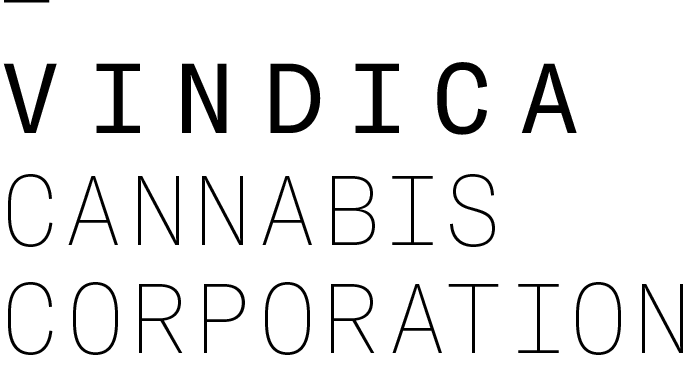As cannabis legalization fast approaches, the federal micro-licensing system set up to allow small growers to lawfully produce marijuana is proving difficult to navigate, several black-market growers say.
In some cases, discouraged growers are deciding not to go through the process of applying for a micro-cultivation licence, which will be opened up to applicants on Oct. 17.
Micro-cultivators are limited to a plant canopy of 200 square metres or less. They will have to follow a scaled-down version of the rules binding larger producers, including added security, meticulous documentation and a full-time quality-assurance employee if they plan to process their own product. The requirements are onerous and costly, say several growers weighing whether a foray into the legal market makes financial sense.
“What I’m hearing is that they want to license everyone, they’re just not going to make it easy,” said an Alberta man who has been growing since about 2000. As a medical grower who also sells recreational product illegally to family and friends, the opportunity to move out of the shadows is appealing.
“To be able to share our products and talk about them openly and legally comes with a lot more regulation,” the man said in a recent interview. He asked that his name not be published to avoid putting his licence application at risk. “But that’s instead of looking over your shoulder and wondering if … you’re not going to be able to provide for your family one day.”
With micro-licence applications opening in a few weeks, small growers will be starting their businesses later than larger competitors, such as Canopy Growth Corp. and Aurora Cannabis Inc. Even if they obtain a licence from the federal system quickly, these growers will still be months or years behind the large licensed producers who were able to get established in the medical market well ahead of recreational legalization.
According to Health Canada’s Cannabis Licensing Application Guide, growers seeking a micro-cultivation licence will need to have a property lined up; proof that the owner knows it will be used for cannabis cultivation, if it is rented; a site survey; and a labelled aerial view. Hopeful licensees must provide incorporation documents or an agreement showing that the business is a co-operative or partnership.
Several key employees must be hired in advance, and will need RCMP security clearance as part of the application. A security plan, detailed standard operating procedures and record-keeping plans are also required.
Health Canada spokesperson Tammy Jarbeau said Friday that the government “has taken a number of significant steps to enable a diverse, competitive legal cannabis industry that includes both small and large players.” It cited reduced security requirements and lower fees as measures meant to encourage small businesses. Allowing outdoor cultivation and permitting cultivators to use their own seeds to start up were also cited as ways for growers to cut costs.
In addition to dealing with Health Canada, business owners must show proof that they’ve given notice of their plans to local authorities, and must also comply with local zoning and licensing requirements. In many jurisdictions, that will involve a business licence, which could prove challenging in municipalities that decide they’re unwilling to play host to cannabis operations.
There are also limitations on sales that stand in sharp contrast to the black market: All licensed growers in several provinces including Ontario and Quebec will only be able to sell to provincially approved distributors. Many growers are interested in selling directly to the consumer, says Ontario cannabis consultant Mathew Columbro, noting earlier this month that it’s currently unclear if provinces will allow such sales.
Many small growers say the costs of obtaining a licence are prohibitive, especially given that they are still unsure whether they will be able to make more money by going legal, says James Walsh, founder and president of the B.C. Micro License Association.
“I almost feel like the micro licences were [meant to placate] the black-market people. … Throw them a bone, a glimmer of hope,” said Mr. Walsh, a medical grower and consultant for growers looking to apply for the licences. “In the end, they’re not offering anything that’s workable.”
By his estimation, applying for a micro licence would cost between $1-million and $1.2-million, including land purchase ($500,000 for about two acres in the Fraser Valley, where he lives); building construction at $300 a square foot; and consulting fees between $30,000 and $100,000 to guide the application to fruition. The costs could vary greatly depending on how established growers would be at the time of legalization.
Mr. Columbro, the Ontario consultant, says he speaks multiple times a week with black-market growers who would like to go legal, but are put off by the hurdles. “A lot of it is about who they can sell to and how they can sell their products [but] the top challenge is the cost.” He says he and his business partners were not expecting the level of rigour that the government is requesting from micro-licence applications. “When we were combing through the regulations, we were like, ‘This is very difficult.’ ”
Paul, a medical grower for eight years in Prince Edward Island, was eager to start a recreational cannabis business but decided recently that it’s not worth the effort. Among his numerous complaints is what he calls the “overcomplication of operating procedures. It’s ridiculous. It’s like you’re producing nuclear missiles.” He adds: “The canopy is too small and the staff requirement is too large.”
Instead, he and his business partner − his mother − plan to take the money they would have spent and build a fourplex to rent out. He predicts that high-quality, organic cannabis won’t be available legally if micros are edged out of the market, which he hopes will put pressure on the government to soften the rules.
“I won’t try [for a micro licence] until they really loosen up. … I think they will have to.”
